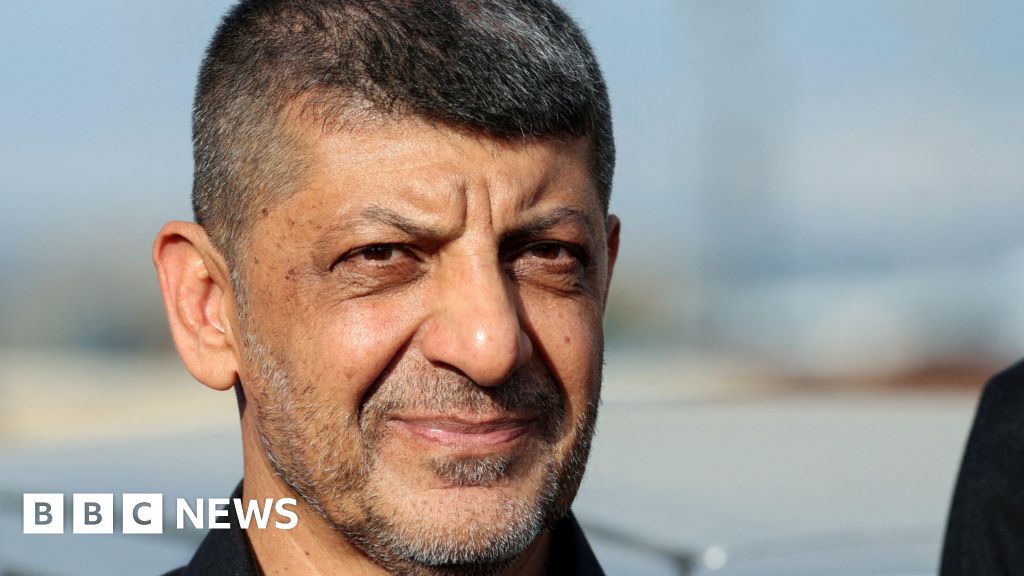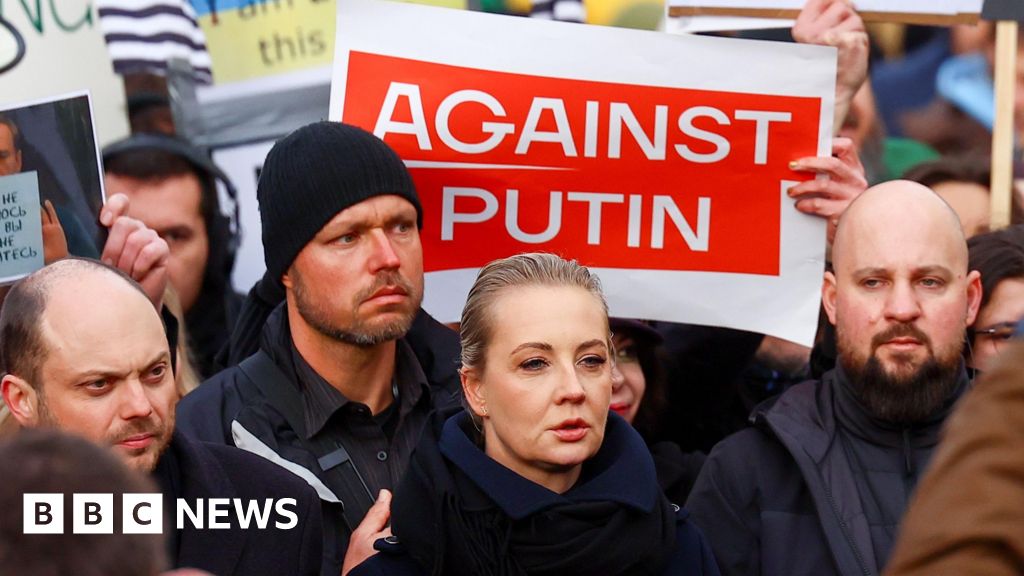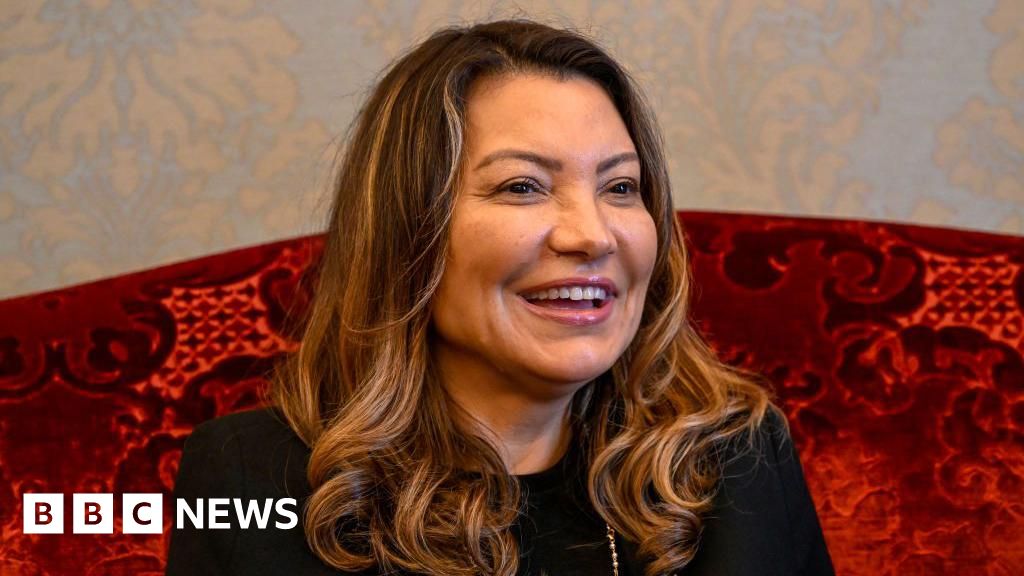ARTICLE AD BOX
Image source, Getty Images
Image caption,Otoniel was captured by Colombian forces in October
Colombia's Supreme Court has approved the extradition of the leader of the country's largest gang to the US.
Dairo Antonio Úsuga, better known as Otoniel, led the Gulf Clan cartel and is wanted in the US on drug trafficking charges.
His capture in October, compared to the fall of Pablo Escobar by President Ivan Duque, ended a seven-year manhunt.
The court's decision, announced on Twitter, ends attempts by Otoniel's lawyers to halt his extradition.
Colombia's Justice Minister Wilson Ruiz had pledged to extradite Otoniel to the US after his capture last year, and Justice Department officials in Washington made a formal request in November.
"Extradition awaits all those who commit international crimes," Defence Minister Diego Molano said at the time.
But the drug kingpin's lawyers had argued that Otoniel should have been included in a special tribunal where participants in Colombia's six-decade internal conflict between government forces and Revolutionary Armed Forces of Colombia (Farc) rebels can receive alternative sentences for confessing their participation.
His legal team claimed the 50-year-old was willing to reveal some details of collaboration between central government officials and illegal armed groups in exchange for preventing his extradition.
But in March judges said there was no evidence of his involvement in the leadership ranks of Farc and government officials said they saw nothing to suggest that he could provide any information of the alleged collaboration.
Prior to his capture, Otoniel was Colombia's most wanted man and government had offered a $800,000 (£582,000) reward for information about his whereabouts, while the US placed a $5m bounty on his head.
The Gulf Clan operates in many provinces and has extensive international connections, is engaged in drug and people smuggling, illegal gold mining and extortion.
It is believed to have about 1,800 armed members, who are mainly recruited from far-right paramilitary groups. Members have been arrested in Argentina, Brazil, Honduras, Peru and Spain.
Otoniel was eventually captured in his rural hideout in Antioquia province in north-western Colombia in October, close to the border with Panama in an operation involving 500 soldiers supported by 22 helicopters.
Dairo Antonio Úsuga was led away in handcuffs following the raid

 2 years ago
21
2 years ago
21








 English (US)
English (US)